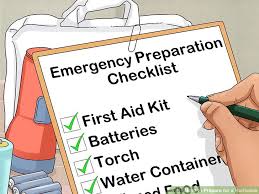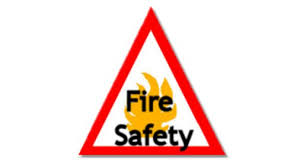 May 2021
May 2021
Most emergency situations are predictable. While timing is uncertain, it is inevitable that a high-rise community will deal with fire, water damage or flooding, and building damage arising from weather on a regular basis. Staying ahead of problems requires planning.
Fire Prevention
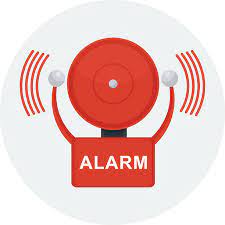 Ensuring life safety systems are in good working condition protects residents and property. Alarms, sprinklers, smoke detectors and fire extinguishers should always meet the minimum requirements for condominiums, apartments and high-rise buildings. Regular inspections ensure deficiencies are addressed prior to an emergency.
Ensuring life safety systems are in good working condition protects residents and property. Alarms, sprinklers, smoke detectors and fire extinguishers should always meet the minimum requirements for condominiums, apartments and high-rise buildings. Regular inspections ensure deficiencies are addressed prior to an emergency.
Water Damage or Flooding
Even small water leaks can cause severe damage. Buildings should be waterproofed to the greatest extent possible by sealing cracks in the building structure and installation of water detection systems. Water problems become most evident as warmer weather melts winter ice and snow. Clean gutters and downspouts to ensure water is directed away from the building rather than backing up and into it. Sewage backups can be avoided by installing a backflow valve on the main waste and storm lines. Older buildings may not have been designed to handle today’s greater precipitation levels and in greater need of preventive measures.
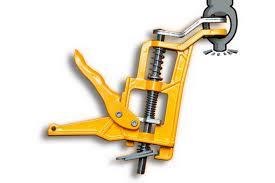 Fire sprinklers save buildings and lives. An unfortunate side effect can be the resulting water damage; an average of $35,000 in damage if one is left running unnecessarily for 20 minutes. Accidental damage to a sprinkler can occur during renovations, moving, when bumped, being hit by a children’s toy or by hanging clothes on them. Such accidental damage accounts for 90 percent of sprinkler activations. Shutgun is the only solution we know of that allows anyone to shut off a damaged sprinkler in seconds.
Fire sprinklers save buildings and lives. An unfortunate side effect can be the resulting water damage; an average of $35,000 in damage if one is left running unnecessarily for 20 minutes. Accidental damage to a sprinkler can occur during renovations, moving, when bumped, being hit by a children’s toy or by hanging clothes on them. Such accidental damage accounts for 90 percent of sprinkler activations. Shutgun is the only solution we know of that allows anyone to shut off a damaged sprinkler in seconds.
Wind
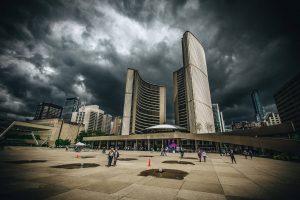 Heavy wind, at times mixed with heavy rain, can cause severe damage to a building’s infrastructure. Keep exterior windows and doors closed to prevent wind, rain and debris from entering the building. Clear fallen branches or trees surrounding the building to reduce risk of damage or injury. Check the roof and building for damaged areas or loose pieces to be repaired before they are further damaged by wind or rain.
Heavy wind, at times mixed with heavy rain, can cause severe damage to a building’s infrastructure. Keep exterior windows and doors closed to prevent wind, rain and debris from entering the building. Clear fallen branches or trees surrounding the building to reduce risk of damage or injury. Check the roof and building for damaged areas or loose pieces to be repaired before they are further damaged by wind or rain.
Severe Weather
The frequency of severe rainstorms is increasing along with the volume of water that city and building infrastructure must handle. These emergency events generally require building residents to remain in their home. HVAC systems should be in good condition and have undergone regular maintenance so they continue to perform during these stressful times. Damage, and vents containing debris, dust or dirt, can affect performance and air quality.
Have the emergency generator and fuel storage inspected. Repair cracked pipes. Water, electrical system and mechanical issues should be addressed before the generator is needed.
Stay ahead of problems. Avoid unexpected major repair costs by undertaking regular maintenance and repairs. This places less strain on the budget while providing better protection for residents.




